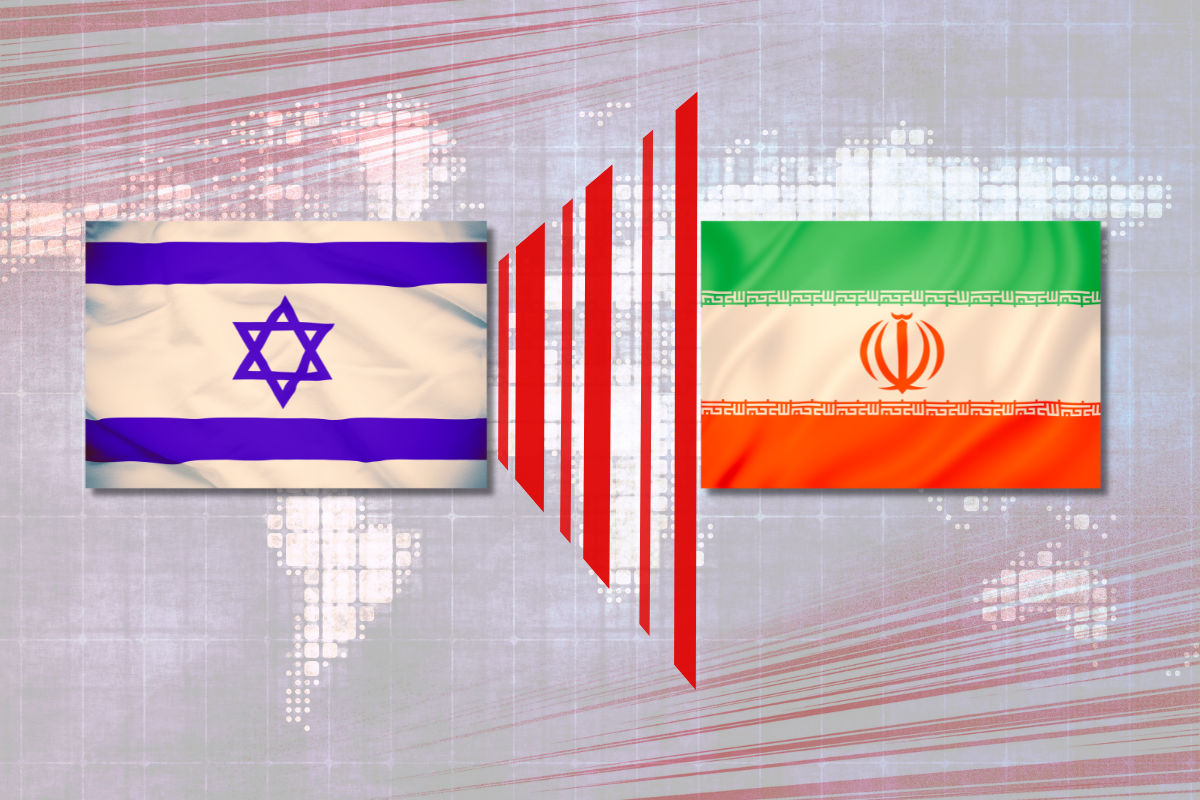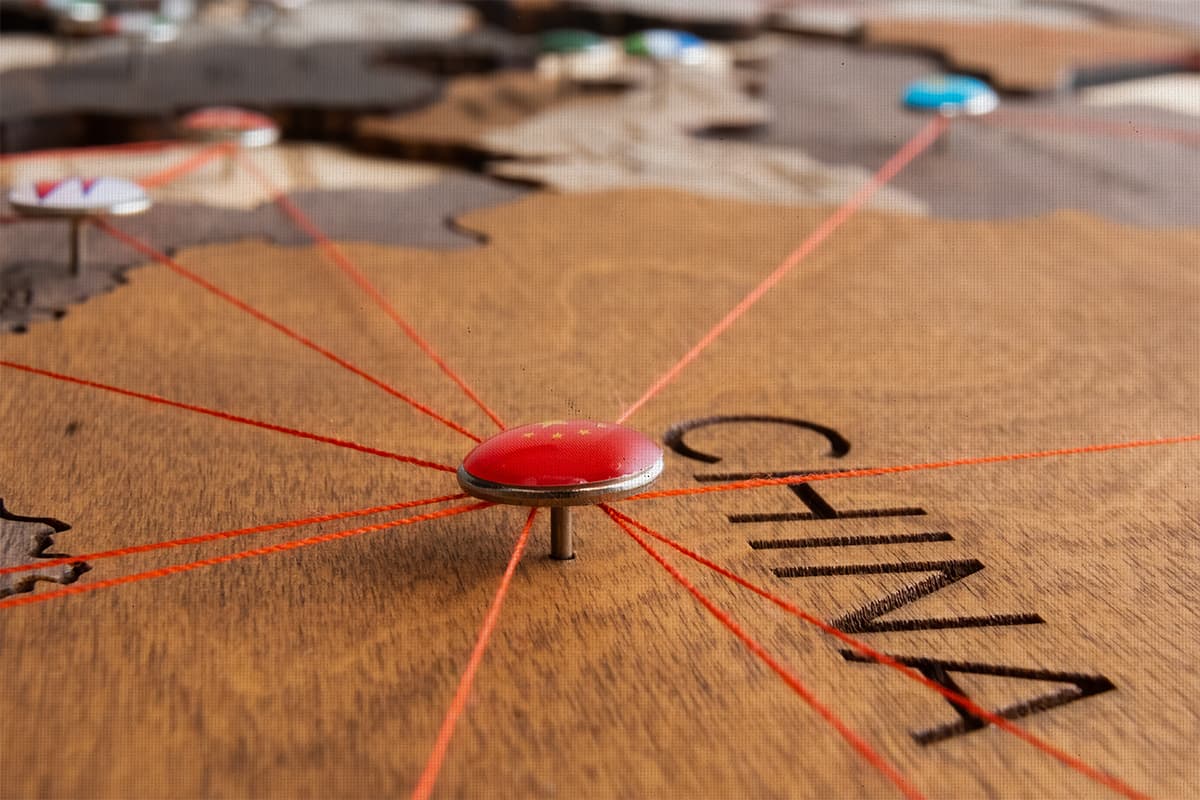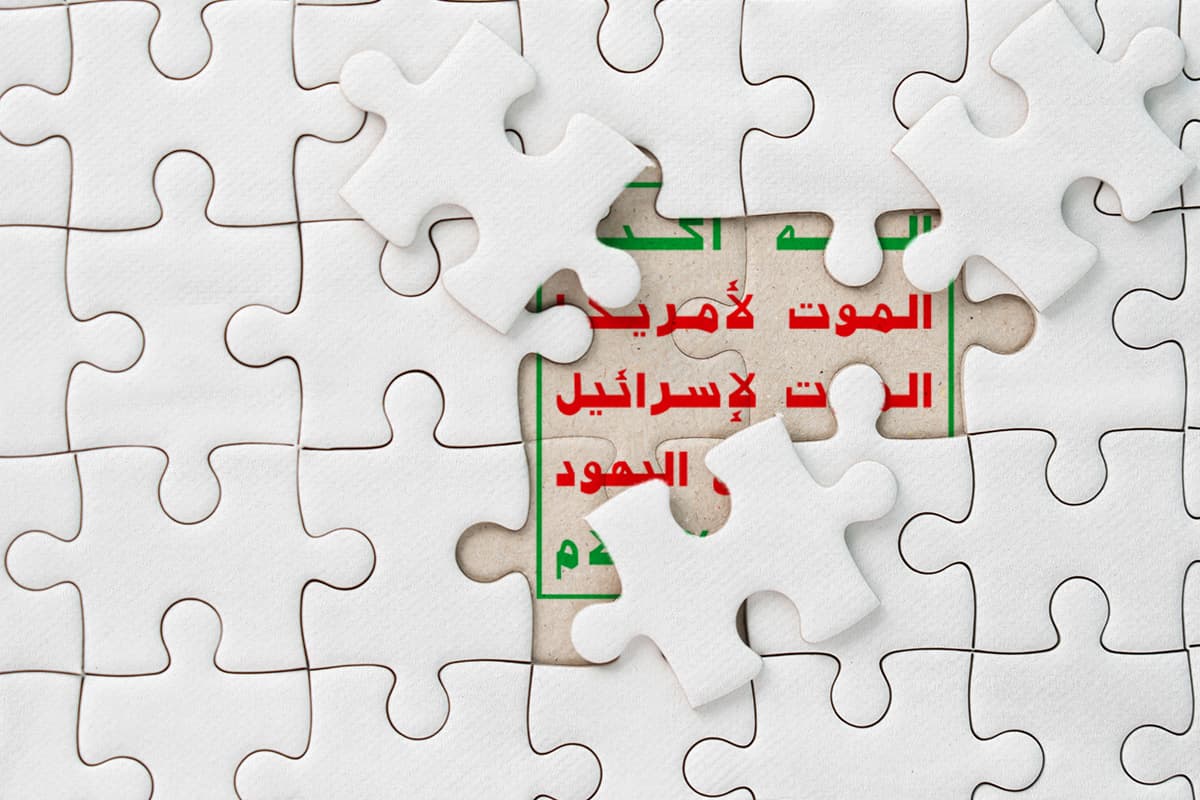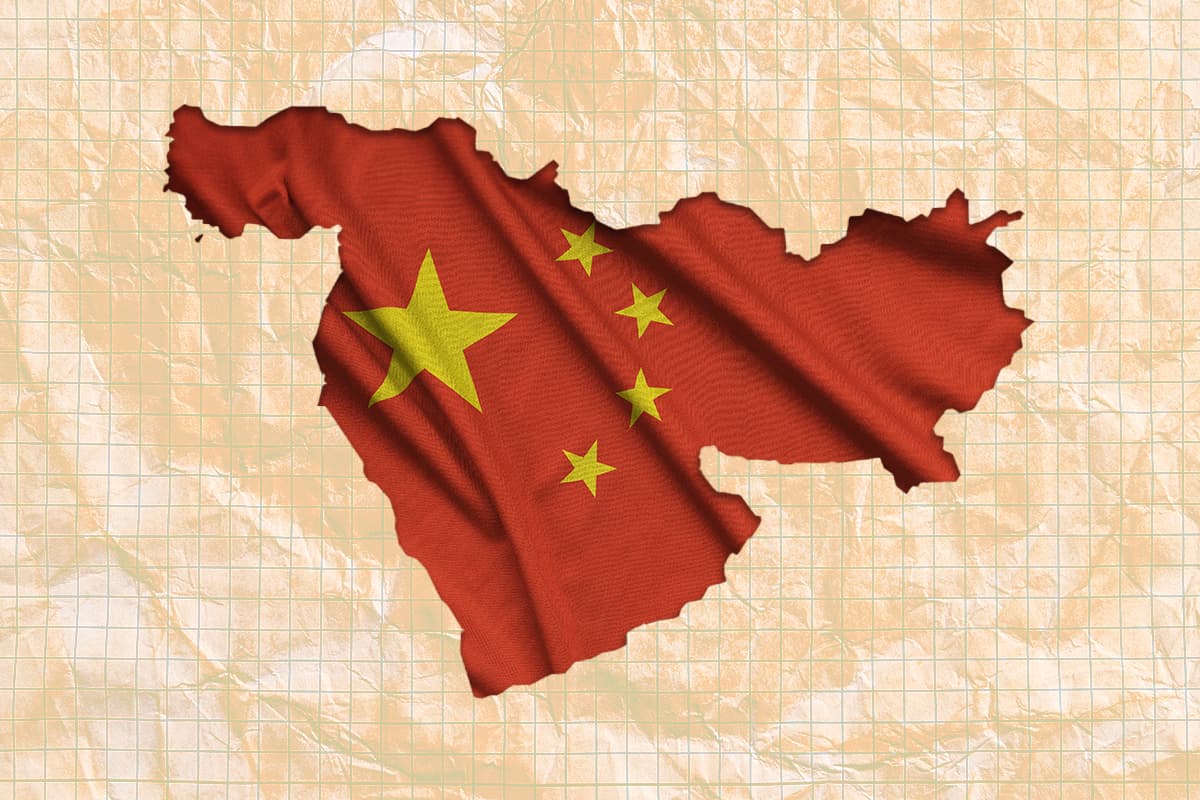The recent airstrikes carried out by the United States in Iraq and Syria have sparked the strongest condemnations yet from Beijing. At a United Nations Security Council meeting, Chinese officials accused Washington of exacerbating regional tensions and using military actions to influence domestic politics, particularly ahead of the upcoming U.S. presidential election. Chinese ambassador Zhang Jun asserted: “The U.S. purports not to seek to create conflicts in the Middle East or anywhere else, but in reality, it does precisely the opposite. The U.S. military actions are undoubtedly stoking new turmoil in this region and further intensifying tensions.” He also called the situation in Gaza the “fundamental cause” of the rising tensions in the region, characterizing efforts to realize a ceasefire, which China has been consistently supporting, as “the overriding prerequisite at present and the highest priority of international diplomatic efforts.”
International relations experts and talking heads across the Chinese media echoed the official Chinese line, although they seemed more cautious. Ding Long, a professor at the Institute of Middle East Studies at Shanghai International Studies University, suggests the U.S. is pursuing a strategy of brinkmanship in its recent military actions in the Middle East and is aiming to achieve deterrence by progressively escalating retaliatory measures. In the long term, he argued, this will prove ineffective: “The tug-of-war will continue to be staged in the Middle East, and the situation will continue to be volatile and tense, but the United States and Iran will not erupt into a head-on conflict.”
Liu Xinlu, Dean of the Arab School at Beijing Foreign Studies University, also pointed to the failure of the U.S. diplomatic strategy in the region, which he called a “diplomatic show.” According to Liu, these efforts are primarily aimed at placating U.S. allies and mitigating growing anti-American sentiment across Arab nations. The escalating humanitarian crisis in Gaza has prompted widespread criticism of the U.S. stance favoring Israel, not only from Arab countries but also from European allies of the United States. Several analysts also pointed to the upcoming election and Biden’s efforts to deflect criticism of his foreign policy.
Joint Military Exercises Designed to Signal…What?
As Chinese criticism of what they view as U.S. overreaction grows, observers have also begun to take note of the lack of any substantial Chinese reaction other than diplomatic posturing. Writing for the Atlantic Council, Jonathan Fulton observes that “China’s inaction exposes the self-interested and transactional nature of its position in the Middle East. Regional actors need international leadership in the Red Sea, and China has not offered it.” U.S. officials have made similar comments in recent weeks.
In this regard, the timing of the announcement of a series of joint military exercises with Iran may be partially a way to send the message that China is still a player and deflect criticism that it is not living up to its own rhetoric when it comes to playing a larger role in the region. China, Iran, and Russia are set to conduct joint naval drills in the near future. Officials from the Iranian navy have confirmed that the exercises, aimed at bolstering regional security, will take place before the end of March. While specific details regarding the location of the drills were not forthcoming, a good bet would be the Gulf of Oman, the scene of previous trilateral exercises. Last year’s joint exercise, dubbed “Security Bond-2023,” involved live-fire suppression, precision strikes, and anti-terrorism training, including a simulated rescue on a hijacked vessel. No word on what will be on the menu this year, but likely the activities will be similar. One has to wonder about the point of carrying out exercises, but no actual military actions, during a time of ongoing crisis.
New Projects in Iran, but Saudi Arabia is Still the Star
Meanwhile, Chinese and Iranian officials are eager to counter reports that their partnership is under strain by virtue of Beijing holding Tehran responsible for the actions of the Houthis, as mentioned last week. Following his recent trip to Beijing, Tehran mayor Alireza Zakani announced new investment and construction agreements with Chinese companies. He revealed that three contracts have been signed, including the purchase of 751 railway wagons, one million vans, motorcycles, and buses, as well as the construction of a new metro line. Additionally, plans were unveiled for the development of hotels, buildings, amusement parks, and water parks within Tehran. Zakani highlighted the finalized agreements to construct five five-star hotels in collaboration with Chinese companies, industrialize 200,000 housing units, and establish two amusement parks and two water parks in the city.
Still, these developments must be read in the context of the wider regional developments. The oil stalemate is presumably still ongoing, whereby Iranian oil producers are withholding agreed-upon shipments, apparently no longer happy with the deep discounts demanded by Chinese buyers. Additionally, Saudi Arabia is in the midst of negotiating a much more comprehensive and high-level series of contracts with the Chinese government, including deals involving military and civilian aviation and a comprehensive one to share space and satellite technology. Seventy-three Chinese exhibitors also participated in the recent Saudi World Defense Show, including government contractor Poly Technology, Inc, signaling an intention to continue to deepen military exports to the Kingdom. Jenny Zeng, founder and managing partner of MSA Capital, a global investment capital firm, said in an interview that in her view, “the GCC led by the UAE and Saudi Arabia will bring in the third pillar of the AI revolution alongside China and the U.S.” Compared to the urban construction deals signed in Iran, it seems unlikely that this will do much to change Iranian officials’ perception that China is not investing enough in their country.
A Delicate Balance
As tensions escalate in the Middle East, China’s stance on the U.S. airstrikes has been marked by strong criticism, highlighting perceived flaws in American diplomatic strategy and the impact of domestic politics. Meanwhile, China’s response, or lack thereof, has raised questions about its commitment to regional leadership. The announcement of joint military exercises with Iran and Russia may be seen as an attempt to assert China’s presence in the region, although concerns persist about the effectiveness of such actions to influence the course of ongoing crises. Again, we see a pattern which raises the question: Despite deepening “defense cooperation,” what is China realistically able or willing to do other than diplomatic posturing and military muscle flexing? That could, in the end, indeed be the wisest policy. Xi Jinping and the CCP don’t need to take action for the sake of satisfying domestic constituencies, as they claim the U.S. must do, so they can afford to bide their time. They also don’t have a traditional military presence or “legacy” in the Middle East to defend for which the failure to do so would be taken as a retreat or withdrawal. On the economic side, while China and Iran announce new projects and agreements, Saudi Arabia remains a focal point for Chinese investment and cooperation, reflecting the complexity of these regional dynamics and the careful balancing act required by Beijing to maintain its regional position.






